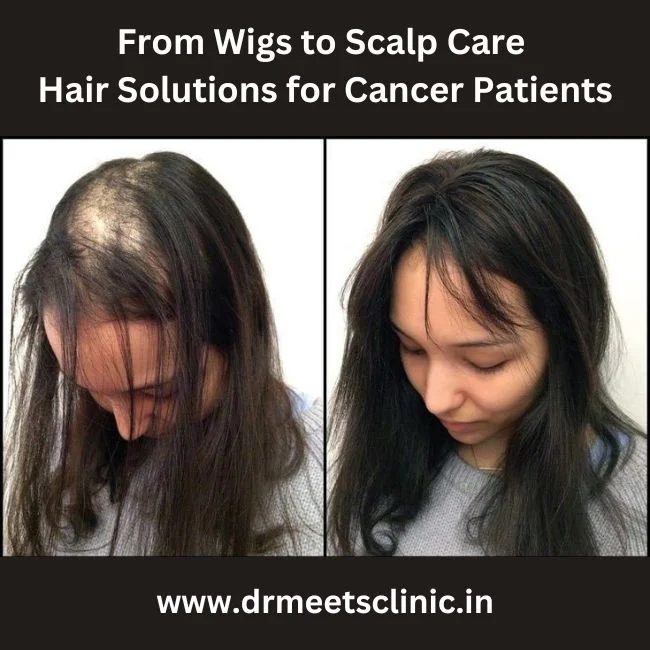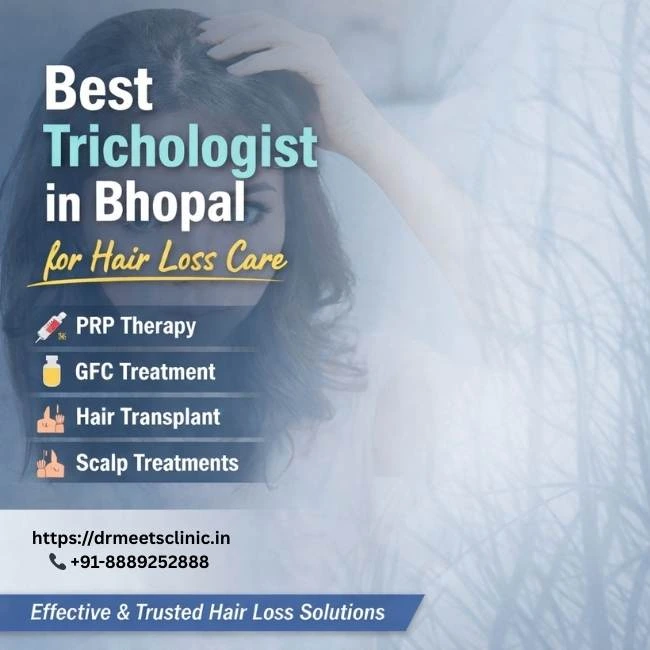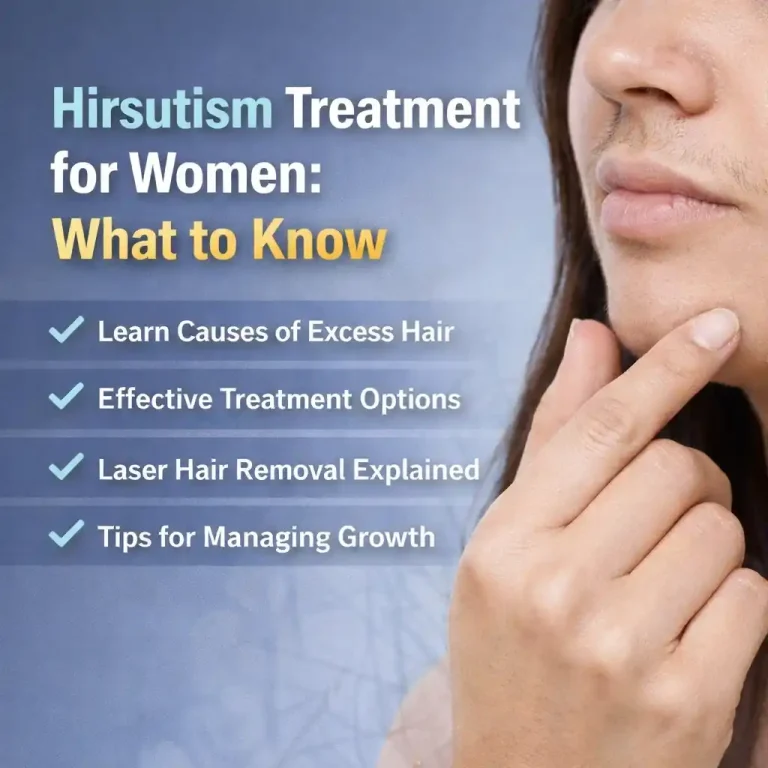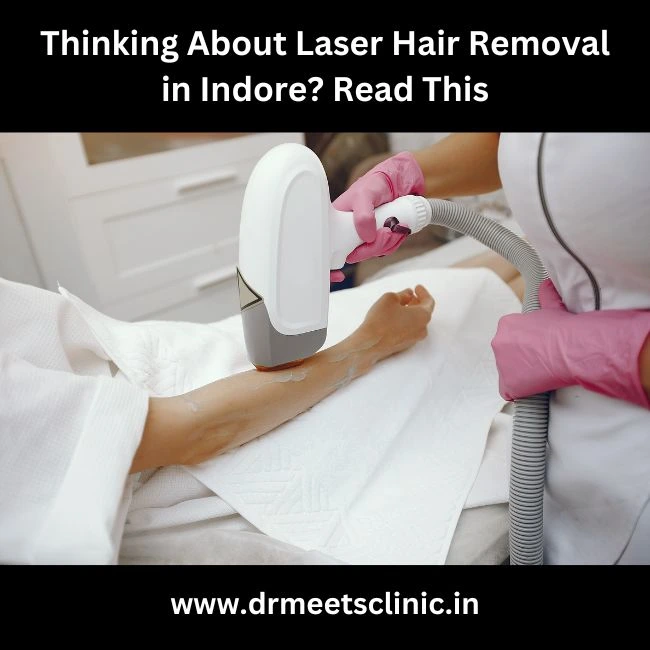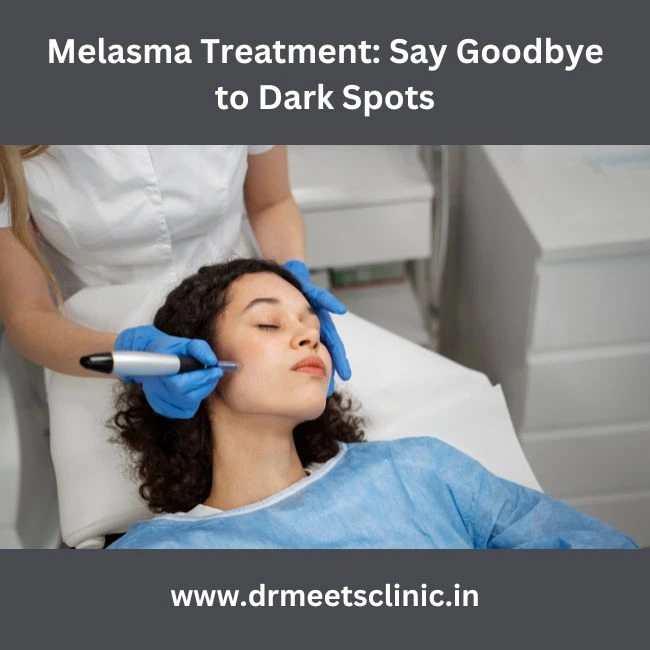Hair loss is one of the most challenging side effects of cancer treatment, affecting both physical appearance and emotional well being. Chemotherapy, radiation and other aggressive treatments often lead to temporary or permanent hair loss. However, there are various hair solutions for cancer patients to help restore confidence and self-esteem. From wigs to scalp care, these solutions offer comfort, style and healing.
Understanding Cancer-Related Hair Loss
Hair loss occurs when chemotherapy or radiation therapy damages hair follicles. Severity depends on the type and dose of treatment. While some patients experience thinning, others may lose their hair completely. Hair loss usually starts within a few weeks of starting treatment and can last for months after treatment.
Dealing with hair loss can be emotionally stressful, but the right hair solutions can make it easier to overcome and boost your confidence.
Wigs: A popular hair replacement option
Wigs are among the most common and effective hair solutions for cancer patients. They provide an immediate way to restore the appearance of hair, allowing patients to maintain their usual look or try a new style.
Choosing the right wig
Synthetic vs. human hair: Synthetic wigs are affordable and easy to maintain, while human wigs offer a natural look and style flexibility.
Cap Construction: Lightweight, breathable wig caps ensure comfort for sensitive scalps.
Color and Style: Patients can match their natural hair or experiment with a new style.
Adaptation: Some salons specialize in custom wigs that are made to one’s own preferences.
Hair cuts and extensions
For those suffering from partial hair loss, they offer hair topping and lengthening treatments with a natural solution. These options provide volume and coverage without the need for a full wig. They blend existing hair seamlessly to create a fuller, healthier look.
Scalp care during and after cancer treatment
A healthy scalp is essential for comfort and hair growth after treatment. Cancer patients often experience dryness, sensitivity and irritation of the scalp as a result of chemotherapy and radiation. Proper scalp care can help relieve discomfort and promote growth.
Basic scalp tips:
Gentle Cleansing: Use gentle sulfate-free shampoos to avoid irritation.
Moisturize: Apply gentle fragrance-free or natural oil-free moisturizers such as coconut or jojoba oil.
Sun protection: Wear hats, scarves, or products on your scalp that contain SPF to prevent sunburn.
Avoid Harsh Chemicals: Stay away from harsh colors, hair sprays, and alcohol-based products.
Scalp Micropigmentation (SMP)
For patients who prefer a permanent solution, scalp micropigmentation (SMP) is an innovative technique that mimics hair follicles. This procedure creates the appearance of closely shaven heads and is a great alternative for those who do not want wigs or hairpieces.
Cold caps: Preventing hair loss during chemotherapy
Cold caps or scalp cooling systems help reduce hair loss by constricting blood vessels in the scalp, which minimizes the impact of chemotherapy on hair follicles. Although results vary, some patients retain a significant portion of their hair.
How cold caps work:
The cap is applied to the scalp before, during and after chemotherapy.
It lowers the temperature of the scalp and limits the amount of chemotherapy drugs that reach the hair follicles.
Although not 100% effective, many patients experience less severe hair loss.
Natural hair remedies
It may take several months for hair to grow back after cancer treatment is completed. Natural remedies can help speed up the process:
Biotin and vitamin supplements: essential nutrients such as biotin, iron and vitamin D support healthy hair growth.
Aloe Vera & Onion Juice: These natural treatments stimulate follicles and improve scalp health.
Head massage: gentle massages improve blood circulation and promote new hair growth.
Psychological and emotional support
Hair loss affects not only appearance, but also mental health. Finding emotional support is just as important as finding physical solutions.
Ways to cope emotionally:
Support groups: Connecting with others facing similar challenges can be comforting.
Therapy and counseling: Professional counseling can help manage self-esteem issues.
Self-admissible: Accept different headwear, such as scarves and turbans, as a style statement.
Conclusion
While hair loss from cancer treatment is often temporary, the road can be emotionally and physically demanding. Fortunately, hair solutions for cancer patients—from wigs to scalp care—offer a way to regain confidence and comfort. Whether you choose a wig, scalp micropigmentation or a natural growth solution, there is hope and help. The key is to find the best solution that aligns with personal comfort and style, allowing each patient to feel empowered and beautiful throughout their healing journey.







